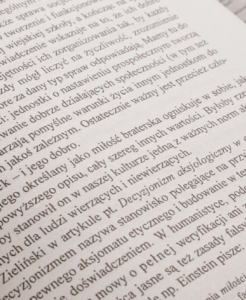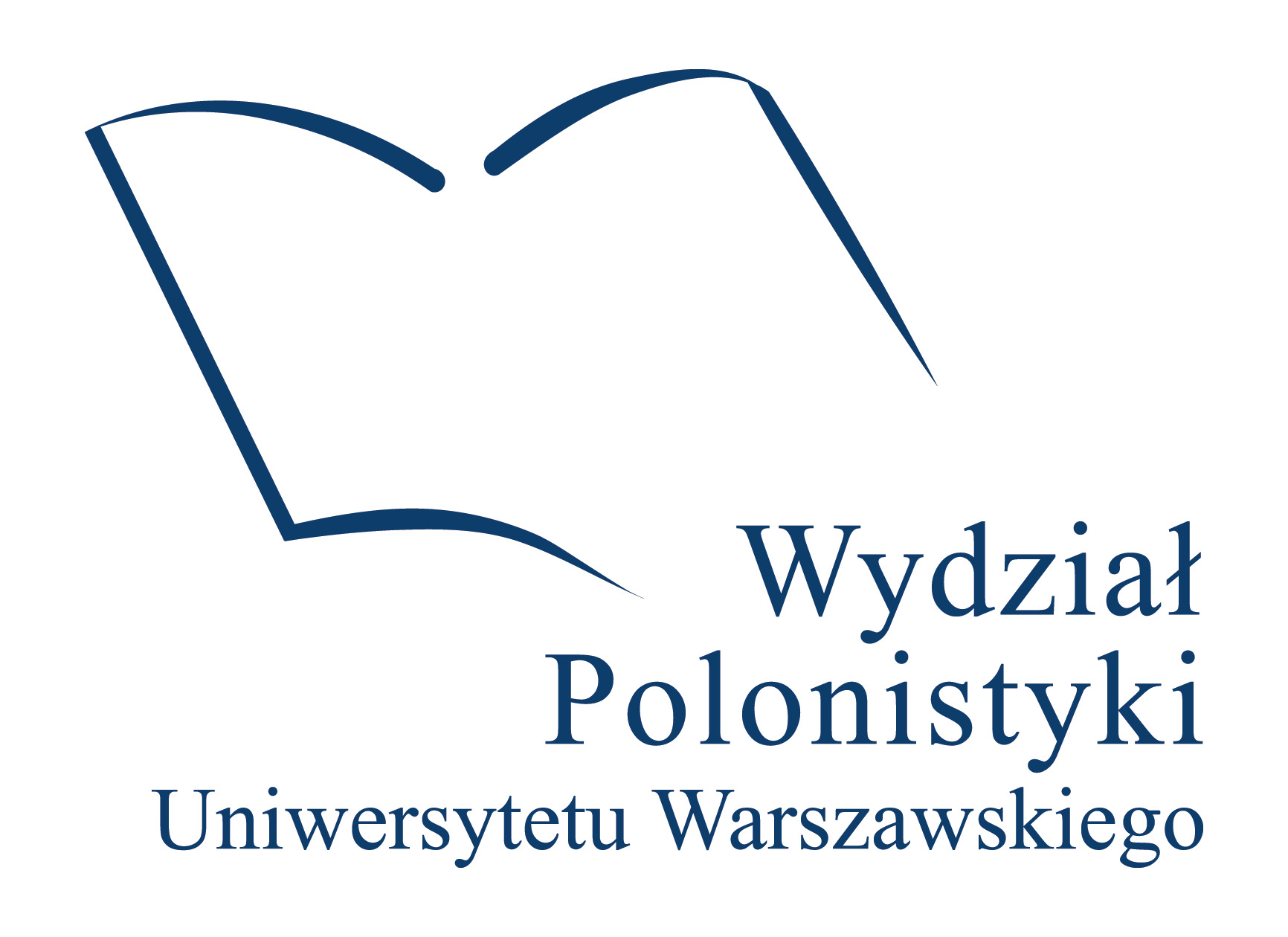4. Sources of Books: Preserved in Language
 Oral texts in various Polish dialects, i.e., territorial varieties of Polish, are of utmost importance as sources we explore in our books. Dialects have preserved numerous archaisms – words, meanings, and linguistic features that once existed in standard Polish, but have since fallen out of common use. By contrast, contemporary spoken language becomes a research subject, among others, for speech therapists.
Oral texts in various Polish dialects, i.e., territorial varieties of Polish, are of utmost importance as sources we explore in our books. Dialects have preserved numerous archaisms – words, meanings, and linguistic features that once existed in standard Polish, but have since fallen out of common use. By contrast, contemporary spoken language becomes a research subject, among others, for speech therapists.
The dialectological tradition at the Faculty of Polish Studies includes documenting and studying spoken language of specific regions, as well as efforts to preserve unique elements of local culture. The websites titled Gwary polskie. Przewodnik multimedialny (Polish Dialects: Multimedia Guide) and Dialekty i gwary polskie. Kompendium internetowe (Polish Dialects: A Reference Guide) (both edited by H. Karaś) contribute to this field. Detailed research on the Mazovian dialect is presented at the website titled Akustyczna baza danych dialektu mazowieckiego (An Acoustic Database of Mazovian Dialects ), compiled by a team led by J. Garczyńska. She is also the author of the book titled Samogłoski ustne w gwarze kurpiowskiej (Oral Vowels in the Kurpie Dialect).
H. Karaś examines varieties of Polish used in the North-Eastern Borderlands, including its vanishing dialects spoken in Lithuania and Latvia. N. Birgiel researches the variant of Polish as used by the bilingual Lithuanian community of Puńsk.
We also attempt to draw a picture of the Polish language abroad, as spoken by the members of the Polish diaspora and their descendants. This branch of research is exemplified by S. Dubisz’s project titled Język polski poza granicami kraju (The Polish Language Abroad).
Collecting speech therapy data as well as standardizing it so as to adapt it to research purposes is also essential. Computer programs are being developed for analysing articulatory gestures or visualising the position of articulograph sensors. A key achievement in recent months has been the development of a pioneering tool for studying voice characteristics of transgender people and the first ever Polish-language publications on this topic.
(In the photo: excerpt from J. Puzynina’s book with a sentence that is important to us: “What is ultimately crucial, after all, is man – every man – and his goodness”; photo by M. Kaźmierczak)
